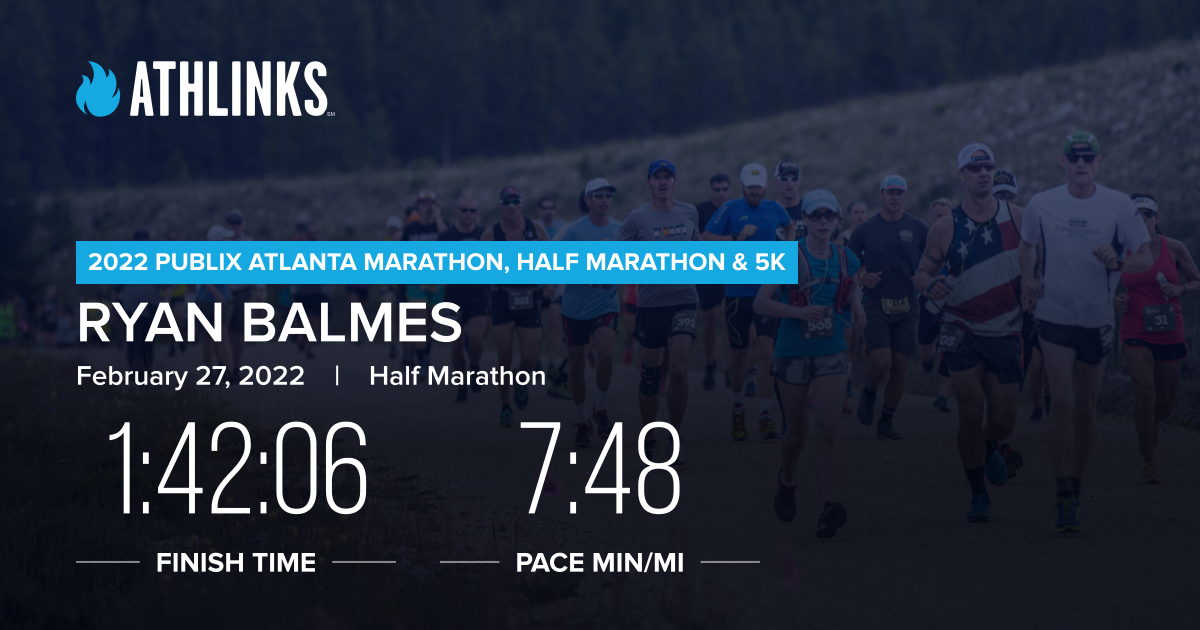Why you're losing focus with training.

In today's newsletter, I want to share on how to stay focused during your training.
Keeping focused on your goal during months of training could be tough. When you stay focused and finish through your training, it's an amazing feeling of accomplishment.
Oftentimes, runners are met with challenges to stick with their plan, never experiencing the satisfaction to cross the race day finish line.
When you don't have a clear WHY, you can easily lose focus during your training.
- Training efforts may lead to overtraining or undertraining stimulus
- Goals are not clearly defined or measurable
- No regular check-ins on progress

You can be better. Let's sharpen your focus to accomplish your goals.
Here are the steps you can take to stay focused during your training.
Establish and personalize your WHY
When you first establish your WHY everything else becomes much easier to do, especially the training itself.
If establishing your why sounds familiar, it's because you've probably heard of the now infamous TED talk from Simon Sinek.
"Working hard for something we do not care about is called stress, working hard for something we love is called passion.” - Simon Sinek
Establishing your why needs to be personal to you, so definitely don't have a why that is important to someone else. It'll be near impossible to stick to such a purpose.
Here is an example of why I run.
To be healthy, mentally, physically, and spiritually, so I can be the best for my family.
Anytime I'm in doubt to continue with my training, my why easily picks me back up to keep going.
Take some time to think about your why. Once you have it, write it down and keep it where you can see it everyday.
Make your race goal measurable, specific, and challenging. Then write it down.
Your race goal needs to be measurable and specific so there is no doubt on whether you met your goal. Fortunately for runners, our goals easily meet this criteria. (Numbers don't lie!)
The common mistake is that goals aren't challenging enough.
Let's say you want to run your next half-marathon faster than your last race, which was a 2:10 finish (2 hours 10 minutes).
A bad goal? Working to finish any time faster than 2:10. This goal isn't specific enough.
What about a goal for 2:08. Just a two minute change? Not challenging enough.
What about a goal of 1:59? Yes, a sub-two hour half-marathon. An 11 minute swing sounds daunting, but you need a challenging goal to make all those months worth training for.

You'll find yourself changing all aspects of training to meet a challenging goal.
This is exactly the same approach I used that resulted in my half-marathon PR performance in 2022. I've broken sub-two hours for a finish before but barely: 1:56 (a hilarious race story about being ignorant of raceday fueling and experiencing bonking for the first time)
So I challenged myself to get 1:45. My result? A 1:42 finish.

Regularly check your progress
"Always be ready to adjust, recalibrate, and stay after it to become better, somehow." David Goggins
Training for months can be mentally challenging. Having regular checkpoints for your training progress can help give you a boost to keep going.
I like to check in with myself every 8 weeks with a key workout or time-trial run to see where my running performance is at that time. My favorite time trial to do is a 2-mile time-trial when I train for my 10k races.
1. Treat the day as race day, so make sure you have great sleep and fuel before hand. Make sure to use your fast-day/race-day shoes.
2. Warm up for 20 minutes, easy paced. 5 strides at the end.
3. With your GPS watch set to 2 miles, run the distance, picking an all-flat course if possible. Run the 2 miles all out intensity to run the entire 2 mile distance. (if you have to stop, you went too fast)
4. Warm down for 30 minutes, easy paced.
Elements to measure: your 2 mile time and your average heart rate. You'd expect to see your 2 mile time decrease, and bonus points if your average heart rate decreased too.
After about 8 weeks of training, I do another 2-mile time trial to see my performance. Ideally, I'd like to see myself running even faster. But, if my result is slower than expected, that is key information too!
I can learn from the result to adjust my training accordingly so that I can course correct the direction of my training. (I may also have to adjust my day-of approach to the time-trial itself!)
Check points in your training are vital to make sure you stay focused on your training and to make the needed corrections. When training is going well, these checkpoints can serve as encouragement to keep going.

Whether you're finishing up the remaining few months of a training block for the upcoming fall racing season or about to start a new training block for the winter/spring racing season, I hope these tips help you stay focused during your training.
There is no sweeter feeling than earning your next PR crossing the finish line.
Catch you on the next one. Happy running out there!
~Ryan




